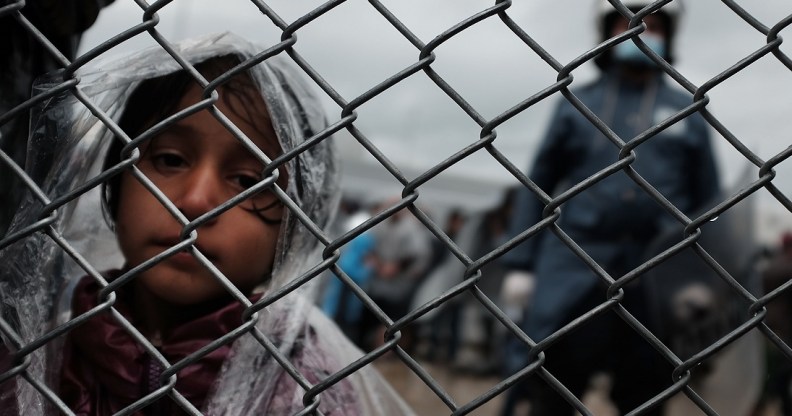Gay Iranian denied refugee status by UN

A gay couple who fled to Turkey from Iran may be separated after the United Nations accepted one man’s case and denied the other.
The Office of the UN High Commissioner for Refugees (UNHCR) is meant to protect and support refugees and assist in their return or resettlement.
Kamal and Reza hoped could start a life together without the fear of being punished for their sexuality.
Kamal has been told he will be recognised as a refugee but Reza received word earlier this week that he will not.
“Reza will have a chance to appeal this decision with the aid of a different UNHCR legal officer,” said a spokesman for IRQO, the Canada-based Iranian Queer Organisation.
“We should urge UNHCR on appeal to recognize Reza as a refugee. The other option is for us to request UNHCR to present Kamal to the Canadian Embassy in Ankara for resettlement purposes.
“Then Kamal can apply for Reza as his common law partner.”
Human rights groups claim up to 4,000 gay men and lesbians have been executed since the 1979 revolution in Iran.
These are usually under the guise of honour killings, says a 2006 report released by LGBT activists OutRage!
Kamal and Reza fled Iran and arrived in Turkey in December 2006.
As Turkey does not recognise non-European refugees, anyone seeking asylum must register for refugee status within five days of arriving in the country.
A diabetes sufferer, Kamal had been suffering from fits due to lack of medication.
This has caused his partner, Reza, so much worry he has developed depression. Both of them have been living in unsanitary conditions with very little income.
After details of Reza and Kamal’s case were reported by the international news media, the UNCHR received many emails urging them to act on behalf of these two asylum seekers.
Turkey has a long history of offering safety for refugees. Between 1923 to 1997 1.6 million people fled to Turkey, displaced by WW2, the Cold War and the Gulf conflicts.
Millions have fled Iran since the 1979 revolution and many either have settled in Turkey or claimed refugee status and emigrated to another country.
Amnesty International has reported cases of non-European asylum seekers registering for refugee status and then being forcefully deported by Turkish authorities.
There have been cases where refugees have been handed directly to the authorities of the country they were fleeing.

